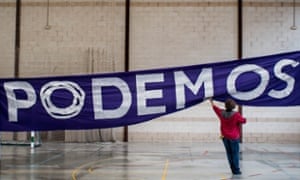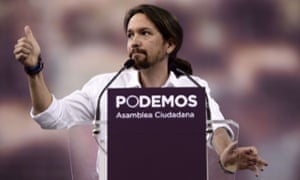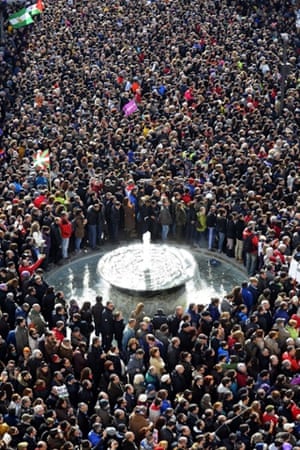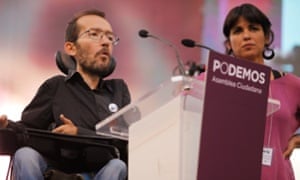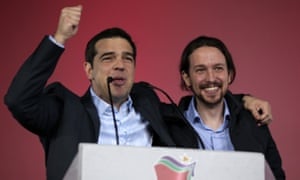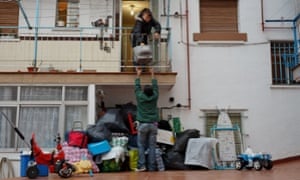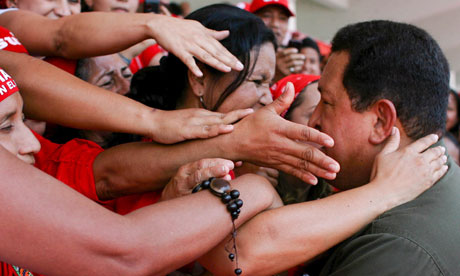Not so long ago, in the slur-filled era before this year’s election, Momentum, the grassroots group of supporters for Labour leader Jeremy Corbyn, were routinely dismissed as armchair activists, cultish Trots, delusional young naïfs, or some combination of the three. Now, media coverage of the group carries headlines such as “How Momentum changed British politics for ever” and “How Momentum HQ perfected social media outreach”.
The 24,000-member group didn’t deserve those dismissive pre-election labels, but it has certainly earned the more recently positive ones. Credited with mobilising the youth vote, Momentum’s snappy social media campaigns gleaned millions of shares. The group also sent scores of campaigners – some of them first-time canvassers – into the country’s most marginal constituencies, helping to drive up support for Labour, house by house and street by street.
Using an online map of marginal seats as well as WhatsApp and phone banks to enlist and direct activists, the group transformed Labour’s canvassing game, helping to turn seats such as Canterbury, Sheffield Hallam, Derby North and Croydon Central into Labour wins. MPs who may once have criticised the group are now more enthusiastic, while Momentum organisers say that, since members and constituency campaigners worked so closely in the past six weeks, relations are more cordial. Those who were divided over past splits in the Labour party got to know each other – and found that they got along.
Now, Momentum wants to build on the – oh, let’s just go with it – momentum to militate against any complacency over Labour’s dramatic increase in voter share, now at 40%, or disillusion that the party nonetheless lost the election. Since the general election, the Labour party has gained 35,000 new members, while 1,500 have joined Momentum. With greater numbers, capacity and credibility, the task now is ensuring more activists join in and are election-ready – because who knows how soon we’re going to have to do it all again.
But elections aren’t the only focus. For a start, Momentum wants to move away from the idea that political campaigning only takes place when votes are needed. It plans to engage in community action, whether that’s voter registration campaigns or support for local causes, so that the group and, by extension, the Labour party, is organically active at grassroots level. Not to re-open old wounds – and definitely not now the Labour party is united in support for its leader – but this terrain might have been broached sooner, were it not for Momentum instead having to rally in support of Corbyn during last year’s leadership challenge.
In any case, such endeavours, however embryonic, have already begun. Last year, local Momentum groups started to collect and volunteer for food banks. Now, national organisers are looking at the possibility of running these independently, although the idea isn’t to provide tinned beans bearing party slogans so much as to support local communities in tackling hardships also addressed by Labour’s political offer. At a time when so many have been terribly affected by the recession and Conservative austerity cuts, there are multiple social issues where Momentum could get involved.
The focus seems to be on harnessing the political engagement unleashed by Corbyn’s leadership and fostering unity among Labour’s different voter groups. This pursuit of collectivism, in the face of decades of rampant individualism, was always one of the more radical aspects of Corbyn’s leadership. It was in evidence throughout his campaign speeches, where he often spoke of society’s many cohorts as one community, binding together groups – young and old, black and white, nurses as well as builders and office workers – that are more often encouraged to compete against each other in the current economy.
Momentum draws inspiration and cross-pollinates ideas with the leftwing Syriza party in Greece and Podemos in Spain, both of which were fed by practical, grassroots organising to counter the effects of crippling austerity cuts. In Greece, for instance, the social movements that ran health clinics, food banks and legal aid centres were the blood supply for the Syriza party now leading a coalition government. In the UK, Momentum is also looking at growing the information-sharing debates developed by the World Transformed, which launched parallel to the Labour party conference in Liverpool last year and hosts political events.
The intention is to convert social media clicks and shares into practical action: the demand for Momentum’s election campaign training and turnout on the doorstop has shown that there is a desire to get involved, given the means, confidence and skills to do so. It’s also pretty much what grassroots democracy looks like – a movement that chimes with and feeds into a viable political party. And it’s this combination – a left wing effective both at parliamentary and community level that could help turn the Labour party into an unstoppable political force and propel it into power.
